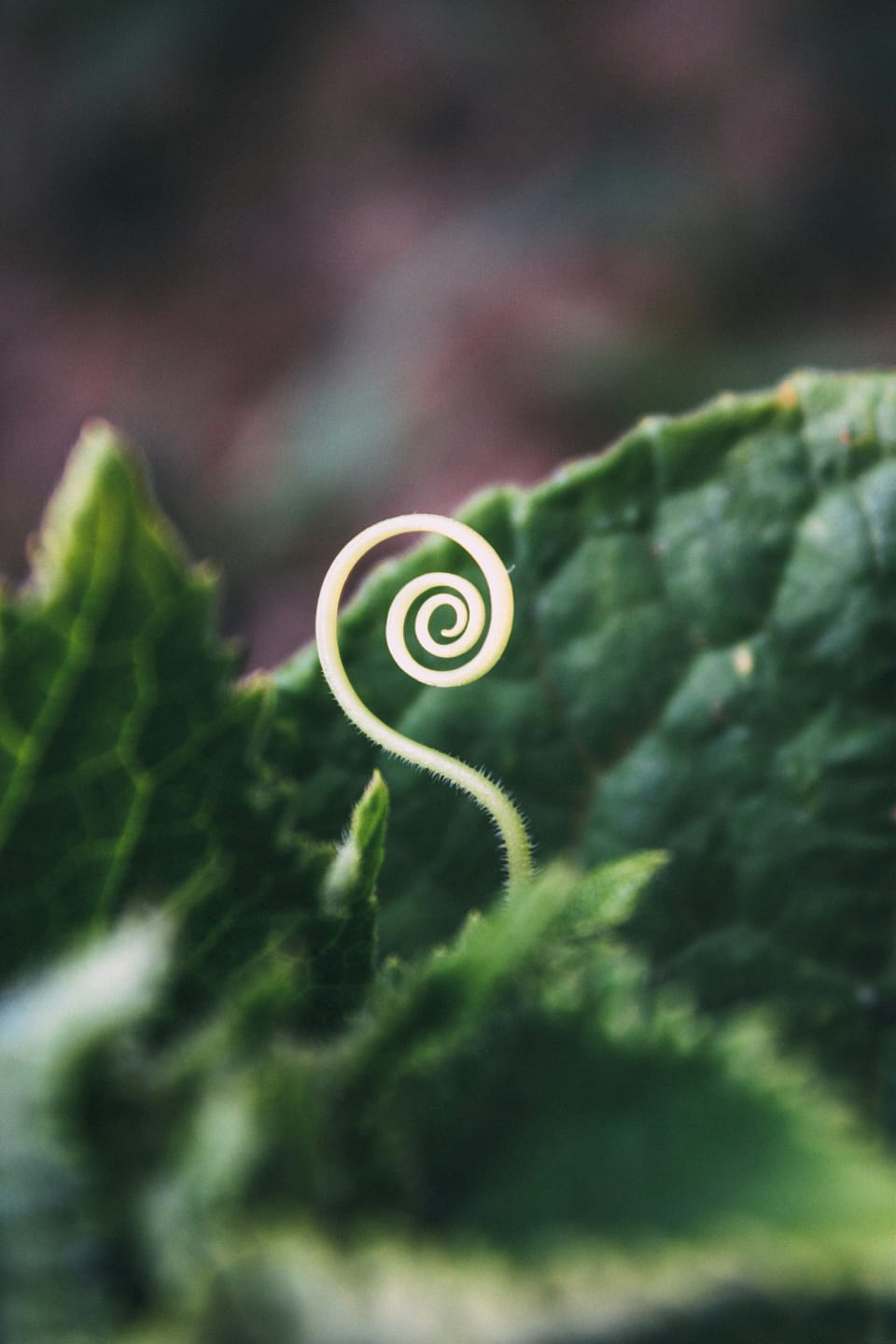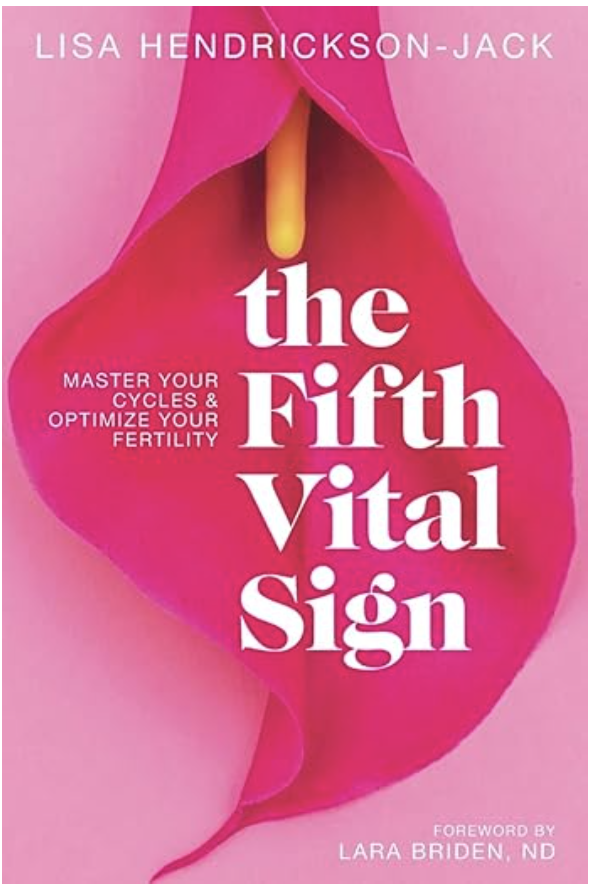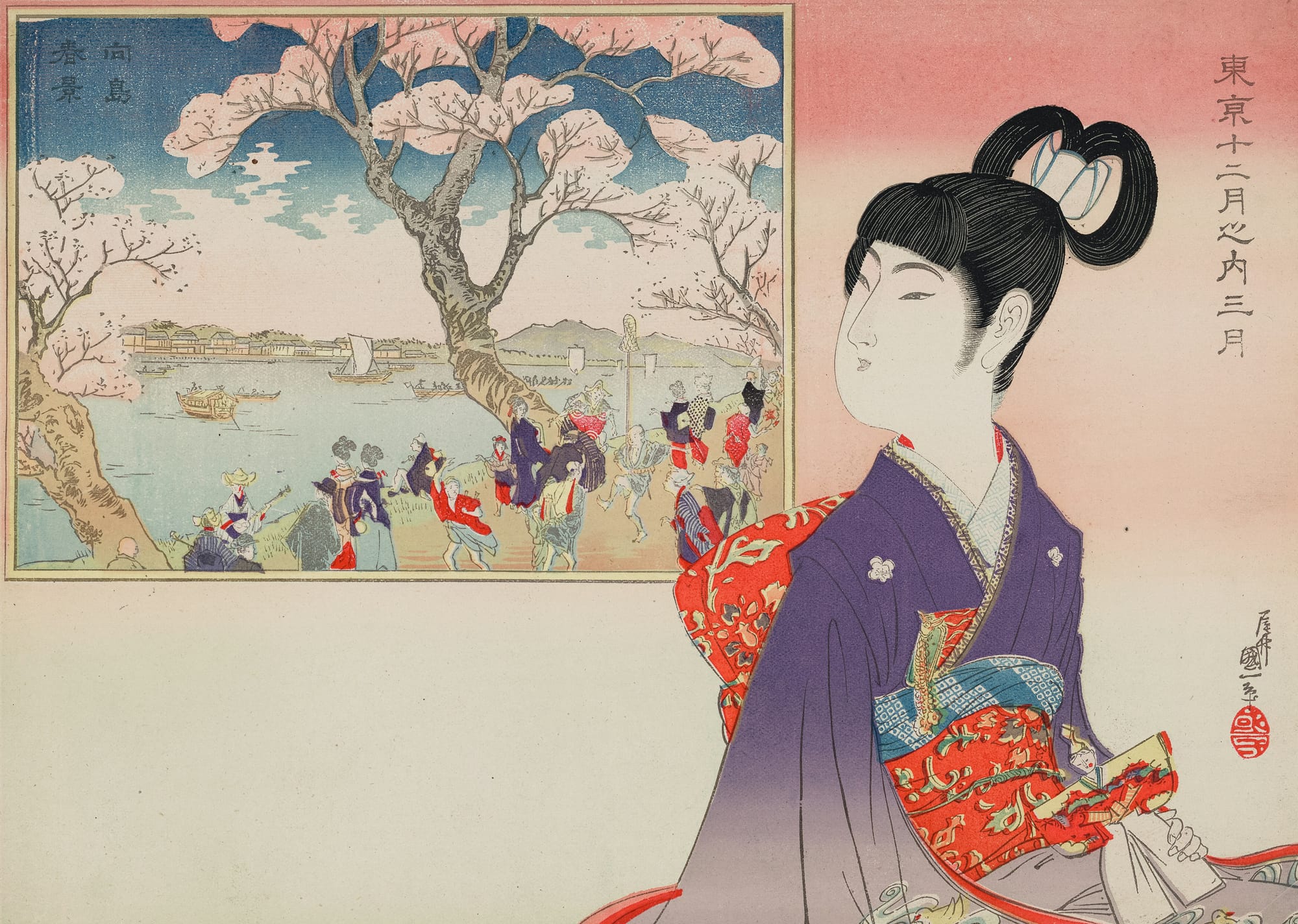Rhythm

It has recently occurred to me that part of what has made the menopause transition hard for me is the loss of my cycle. It’s not so much the loss of the period in itself, though that did offer a tension-relieving valve for me, but the erratic decline of the regular rhythm I have lived by—without fully realizing or appreciating it—for the last forty years.
My period and the days leading up to it were not generally problematic or painful enough for me to pay a lot of attention to it. I never took time off work or school to attend to myself during my premenstrual or menstrual time. (I have heard from many other women about their experiences of menstruation and I know I was fortunate in this.)
However, I did experience enough mood shifting, heaviness, fatigue, and low energy in the days prior to and in the first part of my period that I often naturally slowed down, bowed out of things with less agonizing and guilt, and offered myself more restorative activities. Toward the later days of my period and directly after, I would feel a surge of energy and lightness, when it seemed much more effortless for me to accomplish things, my mood was brighter, and my activity naturally and easily increased.
Additionally, I remember feeling all the signs and symptoms of my cycle as it unfolded each month. As I moved into the second week of my cycle, I could feel my body revving up for ovulation. There would be an increase in slippery mucus and moisture (such a contrast to the vaginal dryness I feel now!), often a lift in libido, and occasionally even the sensation of the egg being released from its follicle. This is a phenomenon known as mittelschmerz, from the German words meaning “middle” and “pain.” I felt it as a sharp pain on one or both sides of my abdomen that would typically arise at some point during the day, hurt until I went to sleep that night, and be better by morning.
After ovulation I would feel the slow, consistent descent into the more sluggish, yet irritable moods and sensations that would intensify in the 2-3 days before my period and then slowly taper off, relieved by the release of the blood flowing and the innate, unconscious but regular surrender to a process over which I had no control.
In our lives now we do, of course, have some control over our periods. We can use contraceptive methods that prevent periods all together. We may choose—by medical necessity or not—to have a hysterectomy, removing our uterus and any possibility of a period. If we are transgender men, we may use hormones to suppress our cycles and periods, and if we are transgender women, the hormones we use may create cycles that affect moods and visceral sensations in the body akin to premenstrual tension or stress even though there is no period.
Additionally, it’s important to acknowledge that the things we take in—food, alcohol, drugs, etc.—and the things we do—exercise, sleep, socialize, travel—all have an impact on our cycles and how we feel throughout.
However, even though our cycles may be impacted through nutrition, exercise, hormonal therapies, medical treatments, etc., the fact of our menstrual cycles—or the absence of them—is something we have little control over. As girls we don’t know when we will get our first period (menarche), as adults we don’t know which one will be our last (menopause).
In between we find ourselves working to figure out
· If we are late this month due to stress, travel, illness, or pregnancy
· If we feel more cramps or have a heavier flow this cycle because we haven’t been exercising or there is something more going on like fibroids or endometriosis
· If we are truly in menopause, because we’ve been on birth control and haven’t had a period in over a year, but we don’t know if that’s just because of the contraceptives or if we have truly made it through the menopause transition
Our cycle is a constant companion, even when it’s not. Because when it doesn’t show up, or doesn’t show up as usual, that is a sign to us that something is off.
Lisa Hendrickson-Jack has written an excellent book entitled The Fifth Vital Sign that discusses the importance of menstruation to women’s health and argues for considering it the fifth vital sign of well-being. (I highly recommend this book for anyone still menstruating or if you have a daughter, niece, or friend who is menstruating.)

The first four vital signs include body temperature, pulse rate, respiration rate, and blood pressure, all of which are routinely checked at doctors’ appointments. Most of us can appreciate how important these indicators are because of what they may reveal about our immediate state of well-being and how they point to possible underlying conditions or disease processes.
Rarely is the status and experience of the menstrual cycle asked about or discussed. However, what is happening or not happening in a person’s cycle may point toward serious underlying health concerns or to chronic or severe stressors that may, if unchecked, continue to undermine health and well-being.
The National Institutes of Health have written,
The menstrual cycle—a complex process orchestrated by interactions between many of the body’s tissues, cells, and hormones—reflects a person’s overall health status and can be thought of as a “fifth vital sign,” along with blood pressure, body temperature, heart rate, and respiratory rate. Menstrual irregularities can indicate hormonal imbalances, gynecological diseases, or infections. Stress, changes in weight or diet, certain medications, and other lifestyle factors can cause temporary changes in the menstrual cycle.
https://www.nichd.nih.gov/about/org/od/directors_corner/prev_updates/menstrual-cycles
For the last 12-16 months my period has been increasingly irregular. There were months when I had two or three brief periods and months when I had none. Sometimes the bleeding was more like spotting and sometimes the flow seemed normal for me. In some cycles I had more cramping than usual, as if my uterus was trying to wring itself out.
The irregularity of my cycle stressed me out. Perhaps if I was better able to accept the total experience of this transition it wouldn’t have stressed me so much. But I’m not sure about that.
When the cycle becomes irregular it’s because the hormones involved in menstruation—estrogen, follicular stimulating hormone (which stimulates the ovaries to ripen eggs, creating follicles), luteinzing hormone (which triggers ovulation each month), and progesterone—are fluctuating wildly. As a result, the brain tries to figure out why the ovaries aren’t producing as much estrogen as it’s used to and attempts to get them to form follicles and release eggs as usual.
So my hormones were going up and down, rising and falling in tighter and then longer cycles that made me feel off balance, anxious, and uncertain. Intellectually I knew what was happening, but viscerally and emotionally it didn’t feel that way. It felt mysterious and out of control.
It also felt like loss. It feels like loss. As I write this, I have now gone 146 days without a period. At this point, the regularity of the non-cycle feels calmer than the chaos of irregularity, and I am hoping that I am heading toward menopause, though I have heard of women going four or six months and then having their period again.
But even in this calmer state, where it feels as if the bottom has dropped out of something (my estrogen levels?), I miss my cycle. I feel a bit unmoored without it, and unsure—of myself and my future—in a way that feels different. When I have felt unsure before, I also felt more connected to the hope and the possibility of growing into more fullness and more of life to be lived. Now, the uncertainty I feel is tinged with a new and potent awareness of mortality—intensified by the loss of my father in 2023—and vulnerability, exacerbated by the multiple symptoms of menopause.
I did not realize how much I relied on the steady signs and symptoms of my menstrual cycle to anchor me mentally and physically. I did not understand how the regular ticking over of the days and weeks each month, along a set rhythm established in my genes by some evolutionary intelligence, directly connected me to a much larger lineage and sense of place in the scheme of things. I’m not sure if this makes sense to you. The loss that I feel is somewhat ineffable, difficult to describe.
In my mind and spirit the prevailing sense is one of being unrooted, floating around trying to make sense of this experience and figure out how to ground myself again. In my body there is a sense of waiting to see what comes out of all the chaos I’ve been experiencing. There is a vigilance to this waiting that stems in part from all the sympathetic nervous system activation that has been intrinsic to this transition, but also to a new hopefulness that what emerges will be truly strengthening and amazing.
In the Menopause Yoga training I recently completed, the instructor Petra Coveney suggests a very positive way of viewing the loss of our cycles. She says,
“The cessation of our periods is generally perceived as the natural advancement of aging, when it is in fact our bodies’ natural effort to slow down this process and bring new balance to our advancing years.”
If we continued to menstruate throughout our lifetime, the wear and tear of potential pregnancies and constant cycling would likely cause accelerated aging, even with the salutary presence of estrogen and progesterone at premenopausal levels. Additionally, our energy would be consumed by procreation and the risk of procreation as it is for many of us in our 20s, 30s, and even into our 40s.
With the ending of our menstrual cycles, that energy is freed for creative, rather than procreative, pursuits. Women and people are released from cyclic highs and lows, the loss of vital fluids (literally, life blood), and the fear of becoming pregnant when they don’t want to be. This resurgence of energy has the potential to fuel extraordinary vision, creativity, wisdom, community building, teaching, and transformation by those who emerge rested and renewed on the far side of the menopause transition.
To be sure, menopause is a precarious time for many people—and it often feels this way. I will never forget listening to Stacey Sims, an exercise physiologist who specializes in women’s health, speaking on Andrew Huberman’s podcast. She was talking about menopause, and she said that men tend to age linearly, gradually declining over many years. For women, she said, aging is and feels like a precipitous drop off in strength, cognitive and physical functioning, and well-being. Many women are left reeling, struggling to cope with what feels like an abrupt freefall into deterioration.
On top of this we are told by healthcare professionals and scientific research that menopause leaves us vulnerable to increased risks for cardiovascular disease, osteoporosis, diabetes, dementia, and more of the ailments of aging. In fact, our risks for these ailments can increase over men’s risk, where previously we had the advantage in heart, brain, and metabolic health.
These risks may be reduced if we have enough money, time, education, and privilege to negotiate this transition with awareness; applied coping techniques such as yoga classes, bodywork, strength training; and access to medical and well-being resources.
Thousands of women and people—millions around the world—do not have access to these options.
The ending of my cycle does feel like loss to me, for many good reasons. But having the option to view this ending as the beginning of a “Second Spring,” as menopause is known in Traditional Chinese Medicine, feels like a gift to me.

Perhaps being released from what seemed to be the endless wheel of highs and lows, potential pregnancy, and bleeding will free me going forward. On the other side of this transition, I can see a calmer, more stable emotional life; increased faith and self-esteem grounded in greater confidence in my intuition and knowledge; wisdom that offers easier access to equanimity and compassion; focused, channeled creativity that finally allows me to offer the world what I have to give; and power rooted in my pride and belief in the unique authority and creativity of women.
I’d love to hear how you think about your changing and disappearing cycle. If you want to share with me or us, please contact me at beingthechange.us@gmail.com.